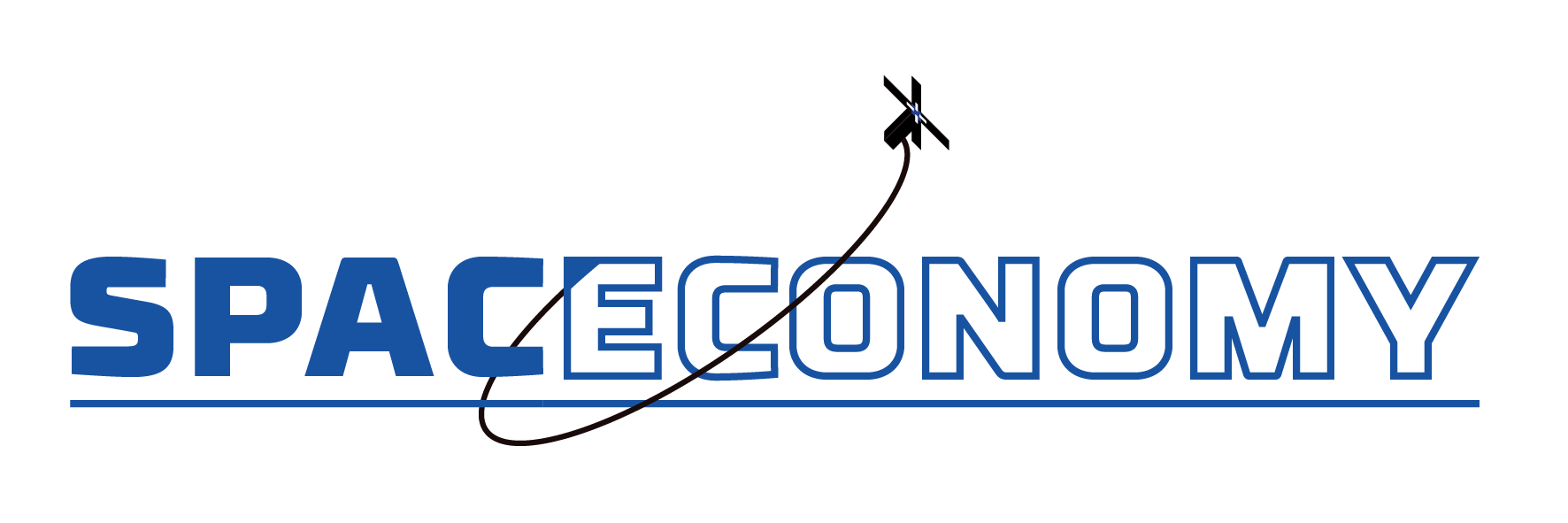European space industry consolidates

Europe's largest aerospace and defense companies, Airbus, Leonardo, and Thales, have decided to merge their space divisions. The new, as-yet-unnamed company will begin operations in 2027, provided the plan is implemented as currently agreed.
Many Finnish space industry companies and research institutes operate as subcontractors for Airbus, Leonardo, and/or Thales, so the merger of these companies will also impact Finland and Finnish space sector players in the future.
From the pan-European Airbus, its Airbus Defence and Space division’s Space Systems, which manufactures space equipment, and Space Digital, which develops and sells remote sensing products, will be transferred to the new company. The Italian company Leonardo and the French-Italian-British Thales are already shareholders in Thales Alenia Space and Telespazio, which will also be transferred to the new company, along with Thales’ space optics manufacturer, Thales SESO.
Airbus will become the largest shareholder in the new company with a 35 percent stake, while Leonardo and Thales will each hold 32.5 percent.
The merger will also have a broader impact on the European space industry, as competition between Airbus and Thales Alenia Space will cease. Smaller companies are unable to supply, for example, the largest and most demanding satellites and probes for the European Space Agency.
The merger is driven by the long-standing poor profitability of these companies, partly due to internal competition and the relatively small size of the European space sector compared to, for example, the United States. These European giants have been quite small compared to American industry leaders like Lockheed Martin, Boeing, and SpaceX.
The combination of the space divisions of the pan-European Airbus, primarily Italian Leonardo, and Thales will create a single European company large enough to compete on the same scale as its American counterparts.
The new company will employ approximately 25,000 people across several European countries and have a turnover of about 6.5 billion euros.
